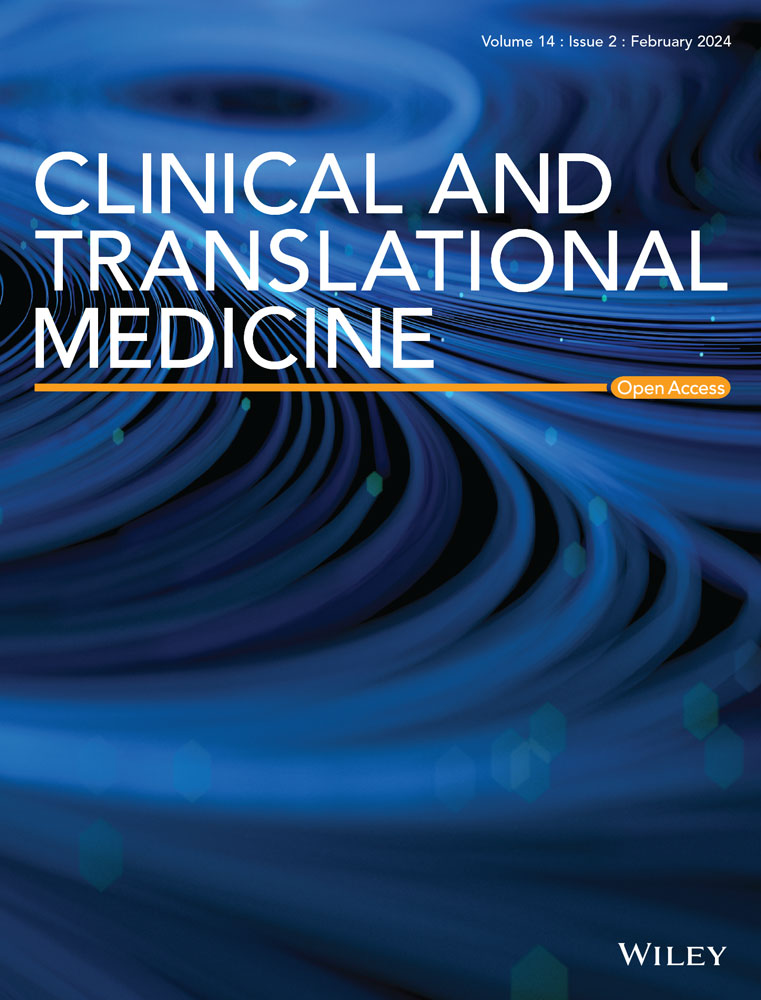Neuroimmune interactions: The bridge between inflammatory bowel disease and the gut microbiota
Abstract
Background
The multidimensional regulatory mechanism of the gut–brain–immune axis in the context of inflammatory bowel disease (IBD) has garnered significant attention, particularly regarding how intestinal microbiota finely regulates immune responses through immune cells and sensory neurons.
Main Body
Metabolites produced by intestinal microbiota influence the phenotype switching of immune cells via complex signalling pathways, thereby modulating their anti-inflammatory and pro-inflammatory functions during intestinal inflammation. Furthermore, sensory neurons exhibit heightened sensitivity to microbial-derived signals, which is essential for preserving intestinal balance and controlling pathological inflammation by integrating peripheral environmental signals with local immune responses. The dynamic equilibrium between immune cells and the neuroimmunoregulation mediated by sensory neurons collectively sustains immune homeostasis within the intestine. However, this coordination mechanism is markedly disrupted under the pathological conditions associated with IBD.
Conclusion
An in-depth exploration of the interactions among immune cells, gut microbiota and sensory neurons may yield significant insights into the pathological mechanisms underlying IBD and guide the creation of new treatment approaches.
Key points
- The gut microbiota regulates the gut-brain-immune axis, modulating neuroimmune interactions in IBD.
- Microbiota-derived metabolites influence immune cells, thereby affecting neurons.
- Neurons secrete mediators, enabling bidirectional neuroimmune communication essential for intestinal homeostasis.
- Disruptions contribute to IBD, offering therapeutic targets.

 求助内容:
求助内容: 应助结果提醒方式:
应助结果提醒方式:


